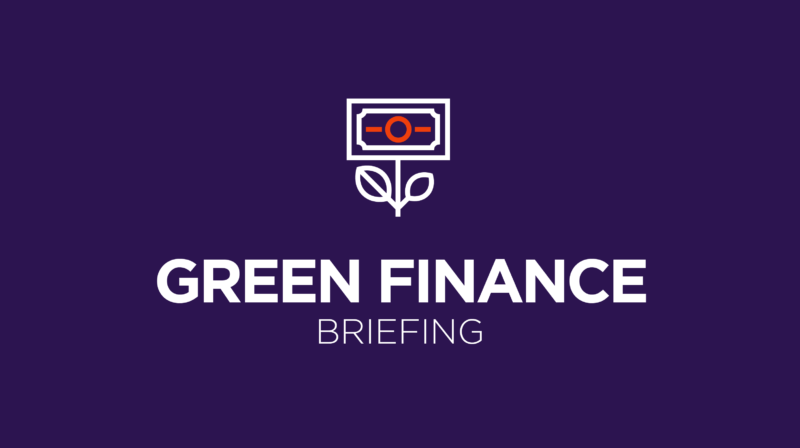Green Finance
Green Finance Briefing: Consumers driving ESG to become a bigger focus for retail banks
- Sustainability reporting, environmental practices and ESG investments are now on the radar for consumers in their financial lives.
- Sustainability-related issues may be one of the most viable growth areas for banks hoping to differentiate in a highly commoditized industry.








